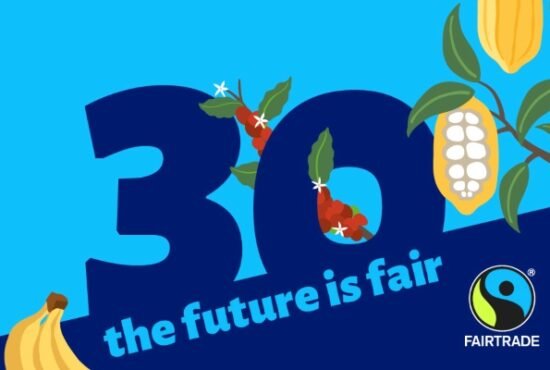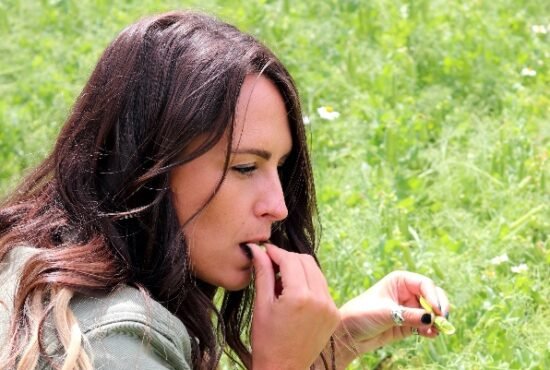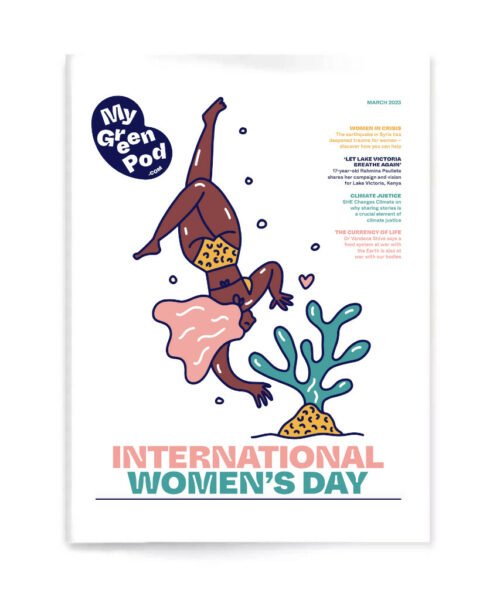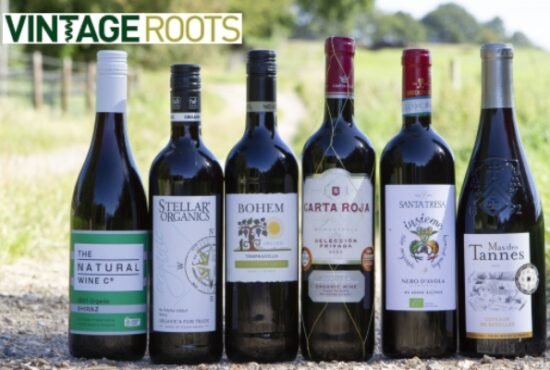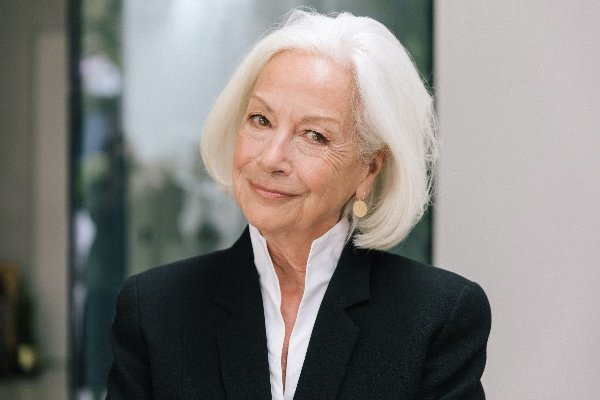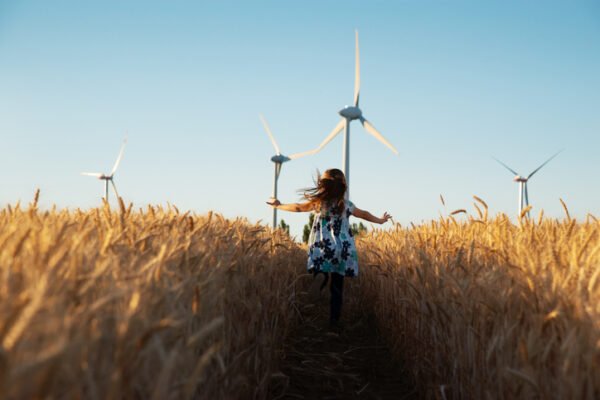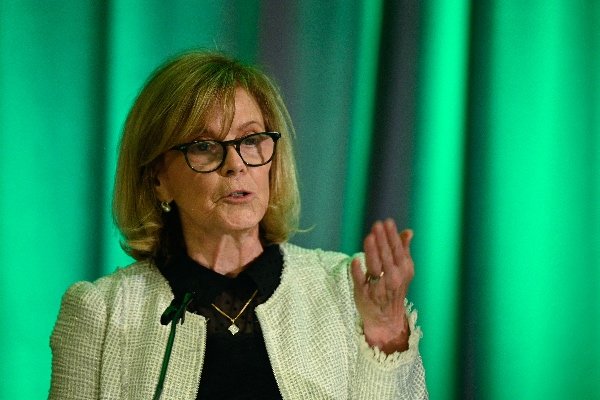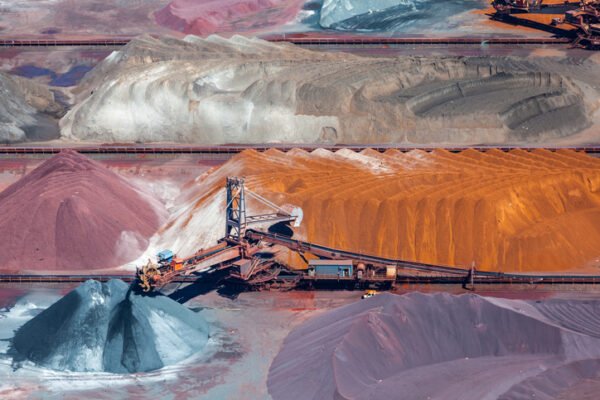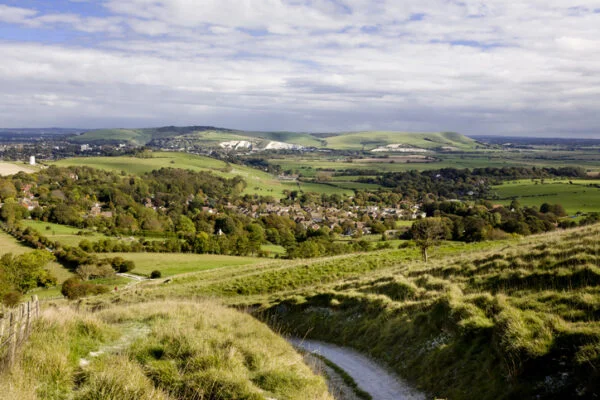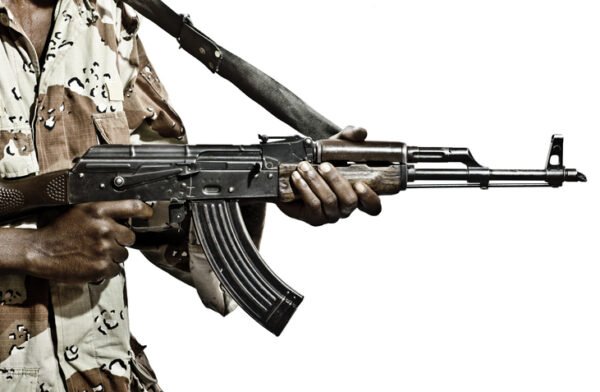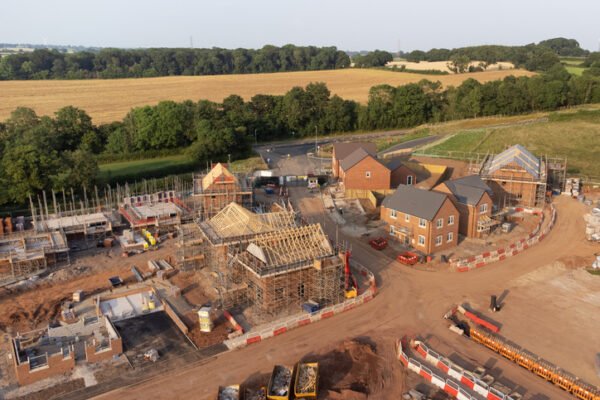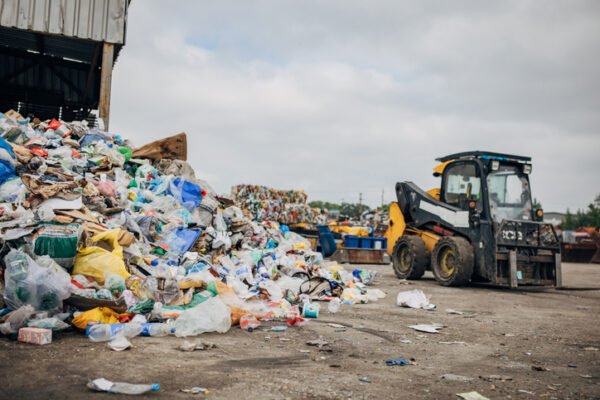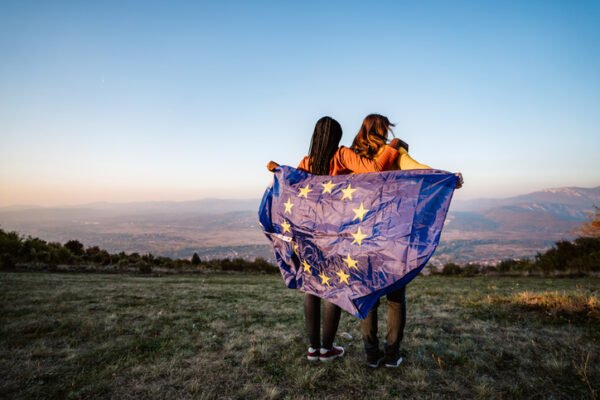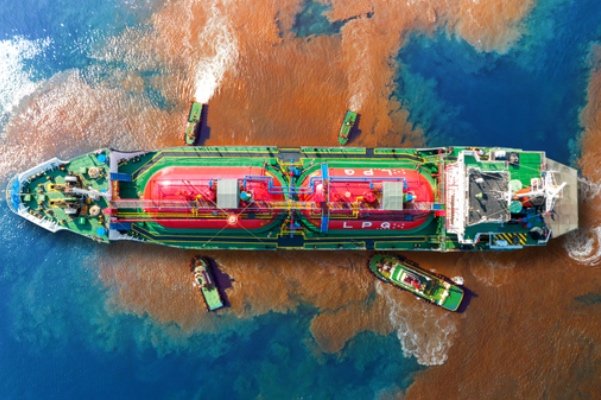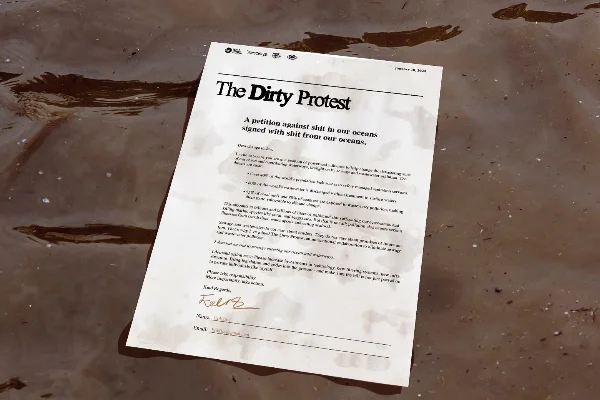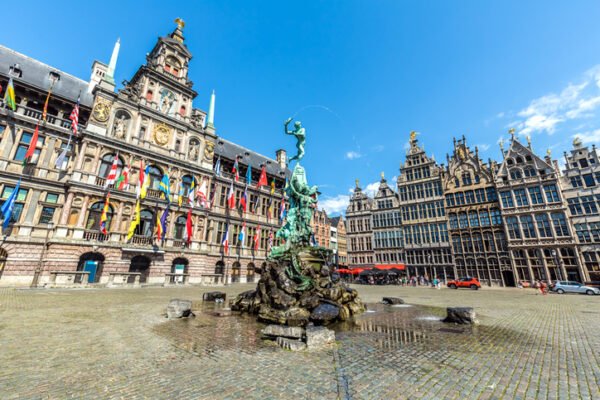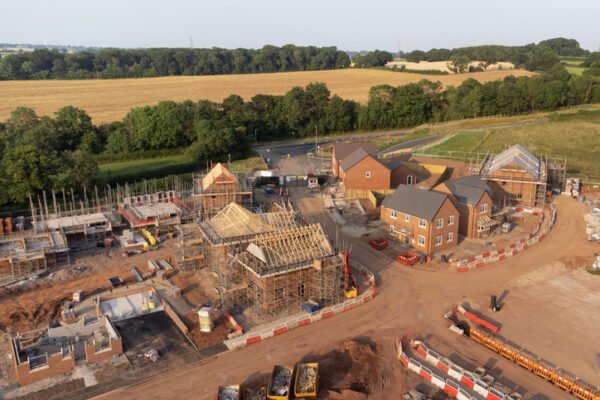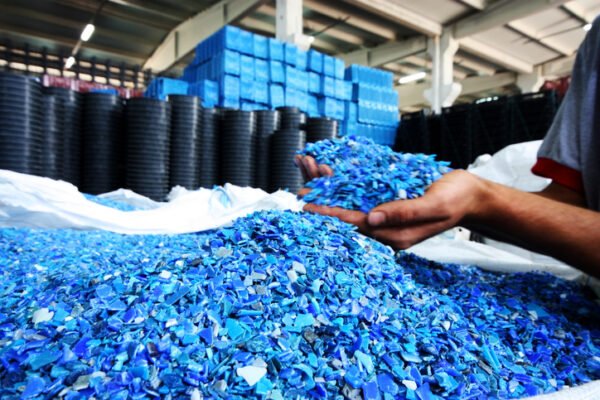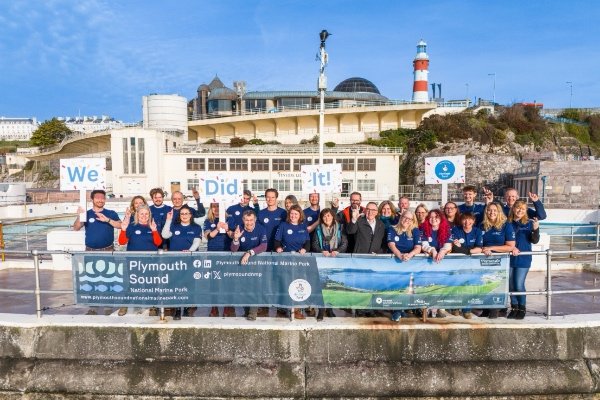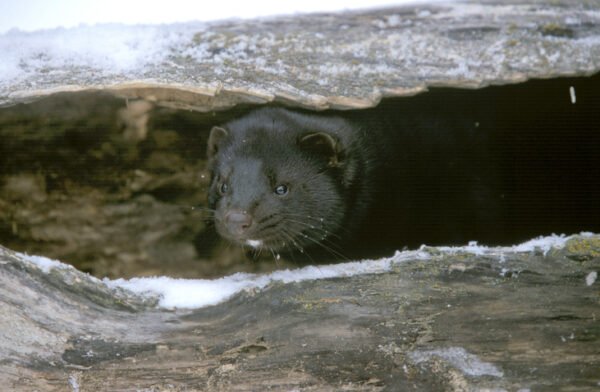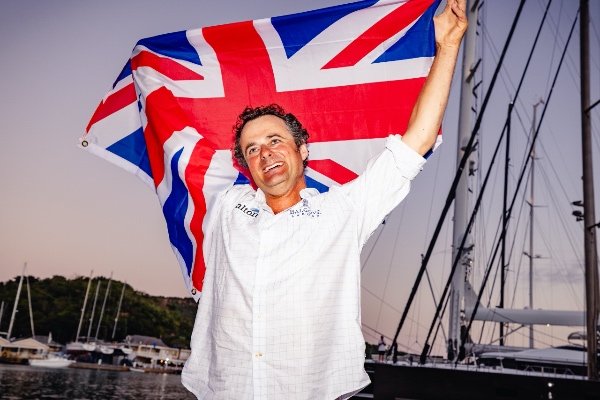Friday 24 June was the day when a future that had been gestating for some time was finally born. Conceived through the union of angry parents named inequality and mistrust, its birth saw a national and Europe-wide crisis.
For decades the chasms between the haves and have-nots in British society have grown progressively deeper. Food banks and bankers’ bonuses mark two extremes, but the divisions aren’t just economic in character: they’re also down to the opportunities people believe they have.
The connected, cosmopolitan and culturally diverse globalists of the southern British cities see a world of possibilities in part facilitated by membership of the European Union. They don’t feel threatened by the outside – they love it and they embrace it.
In northern towns and cities, much of Wales and more hard-pressed rural areas by contrast the outlook is more local and there is threat.
The loss of heavy industry, a decline in farm jobs, cuts to public services and the perception that foreigners are coming to take what little is left of their employment, school places and failing health service has led people to act in defence of what remains.
The new Battle for Britain
Some of those who are better off also see the decline and believe that we have lost our way. Yearning for the bygone age when Britain was truly great, they wonder where we went wrong.
Fed by memories of a time when we stood proudly alone in a world of post-war prosperity, the European Union seems plausibly blameworthy. Fired up like the super-charged engine of the iconic Spitfire, many concluded that it’s time to withdraw from the continent, don steel helmets and win the new Battle for Britain.
Made considerably worse by the progressive evaporation of trust in politics and politicians, the media, experts and even the police, the messages of the new populists became highly believable.
Warnings from elites, who appeared to have benefited from the status quo, were blithely dismissed: ‘They would say that, wouldn’t they?’ Under these circumstances attacks on bankers, foreigners and mainstream politicians were conflated behind a call for decent people to rise up and fight back. And that is what they did.
In the process they inadvertently found common cause with the neoliberal ideologues who’d have us tear up the European social and environmental legislation that has improved our lives here for decades. Laws to protect workers’ rights and our air and water were ‘red tape’ that is ‘holding us back’, they said, so let’s get rid of it and ‘take back control’.
Overwhelmed by ‘facts’, many voters abandoned rationality and ceded control to the reptilian part of their brain that shouted ‘danger’. Populist politicians fed on the dissatisfaction and mistrust by flicking the primeval red switches that in better times rest in the ‘off’ position.
A campaign conducted from pubs with slogans shouted over pints of beer by leaders of this new angry movement, they wound up fearful voters with images of columns of refugees. Parallels drawn by the leave side between the EU and Nazi Germany were made with no sense of self-awareness as to how they looked themselves.
A political crisis
So it was that Nigel Farage and Boris Johnson united the wings of dissatisfaction into a majority for ‘leave’. Those with little hope and no money, the ones seeking a return to that mythical Greater Britain and those who regard European laws to protect people and Nature as threats to freedom and ‘democracy’ joined to deliver what is now the biggest political crisis in recent British history.
 Play Video about This Rock Might Just Save The World
Play Video about This Rock Might Just Save The World Play Video about Play 2 hours of rock
Play Video about Play 2 hours of rock Play Video about Play 2 hours of brook
Play Video about Play 2 hours of brook Play Video about Play 2 hours of sheep
Play Video about Play 2 hours of sheep
